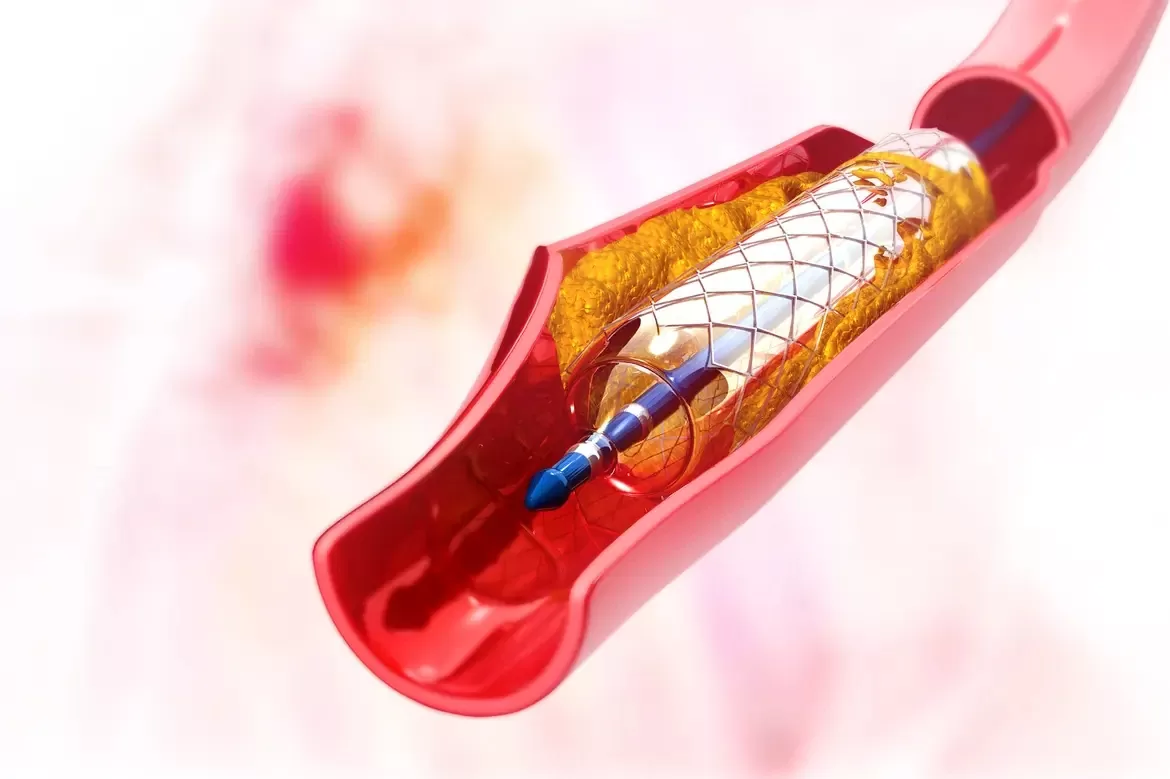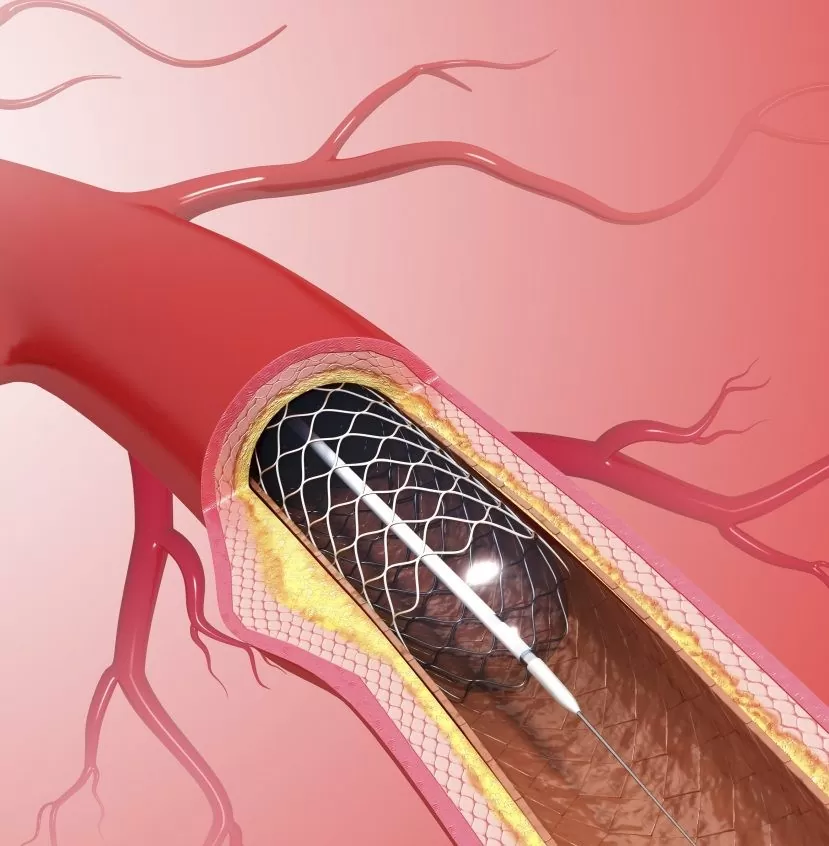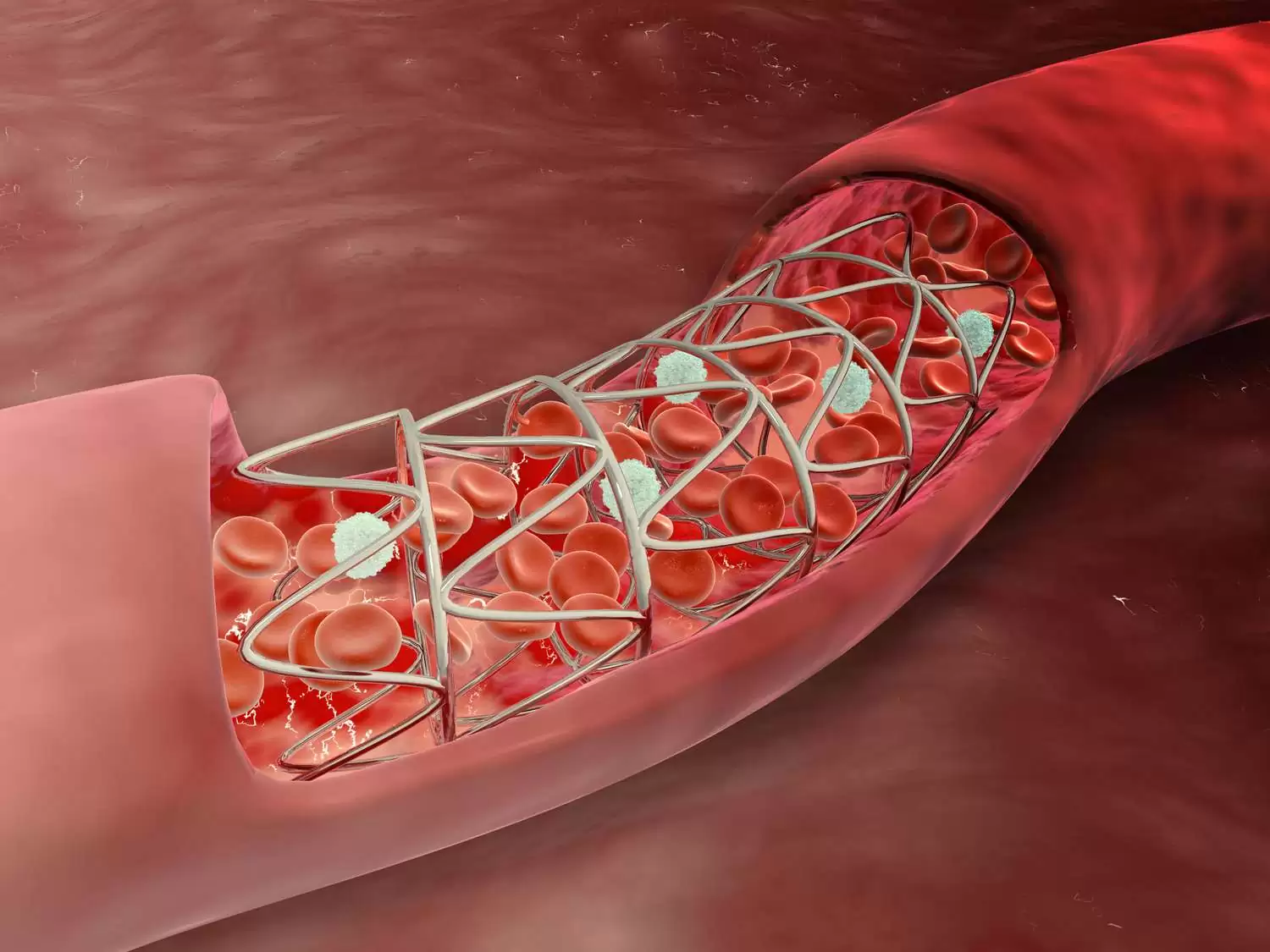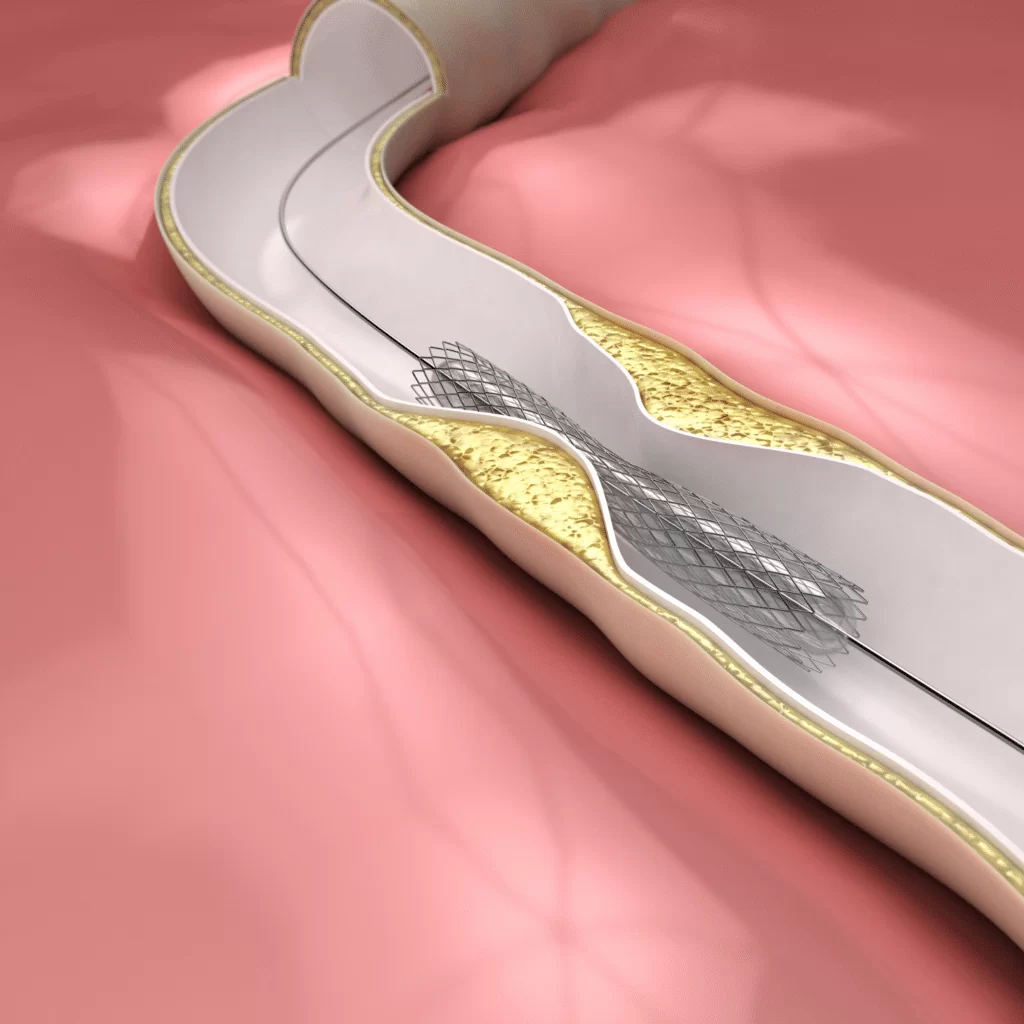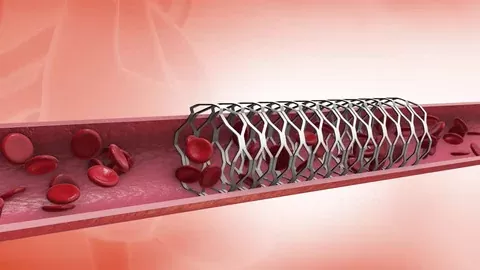Overview - Coronary Angioplasty and Stents in Jaipur
Undergoing coronary angioplasty with stenting, also referred to as percutaneous coronary intervention (PCI), is a medical intervention designed to enhance blood flow to the heart. Following this procedure, individuals often notice improved capacity for physical activity, along with alleviation of symptoms like chest pain and breathlessness. A swift recovery allows most individuals to resume their regular routines within a few weeks post-coronary angioplasty with stents.
For personalized care and expert guidance, schedule an appointment with Dr. Prakash Chandwani, recognized as the premier Interventional Cardiologist in Jaipur.


